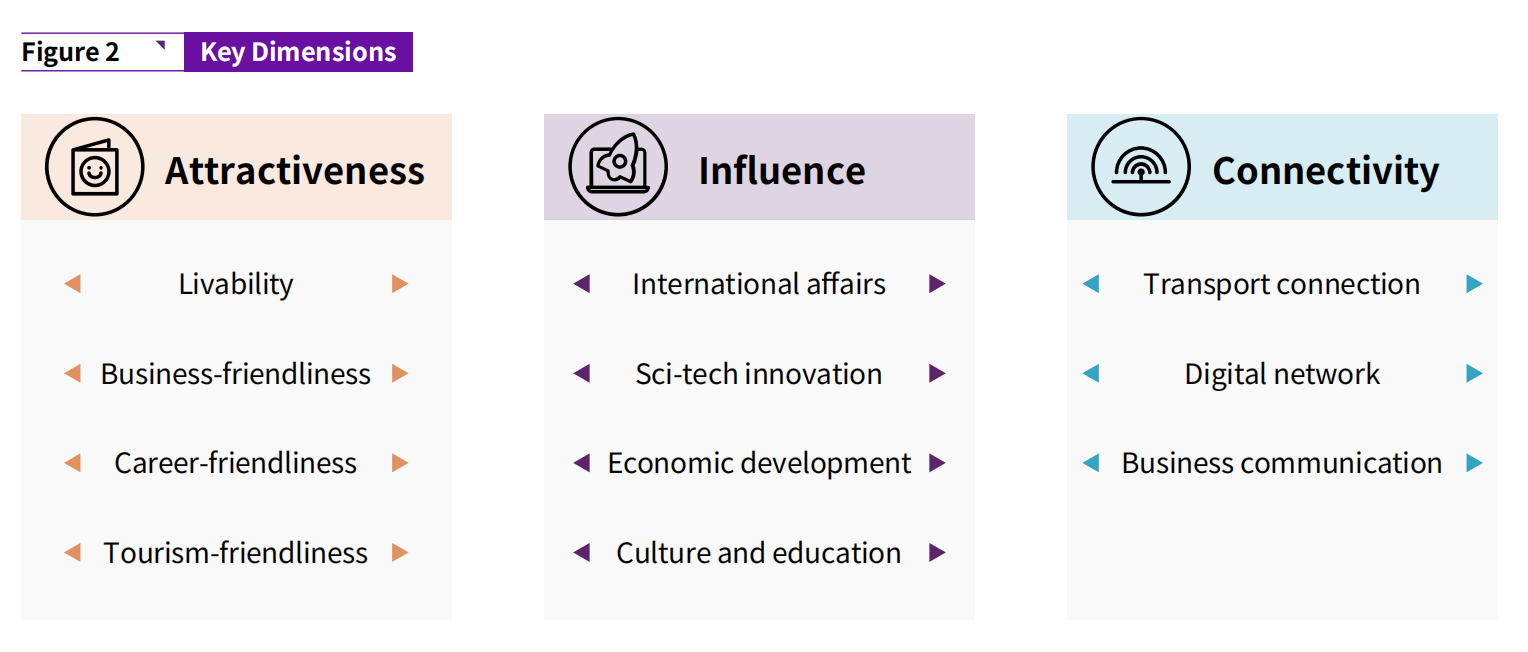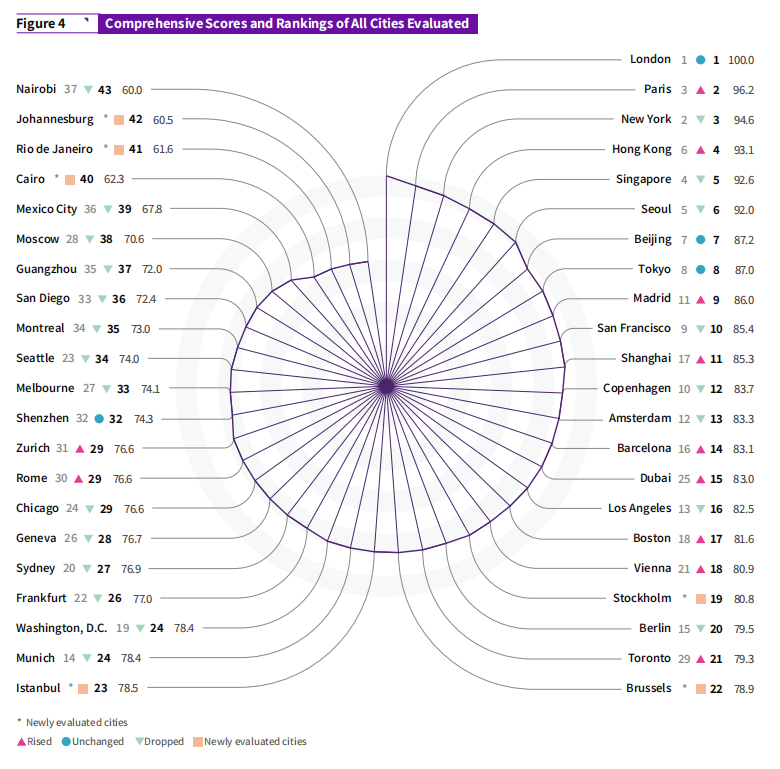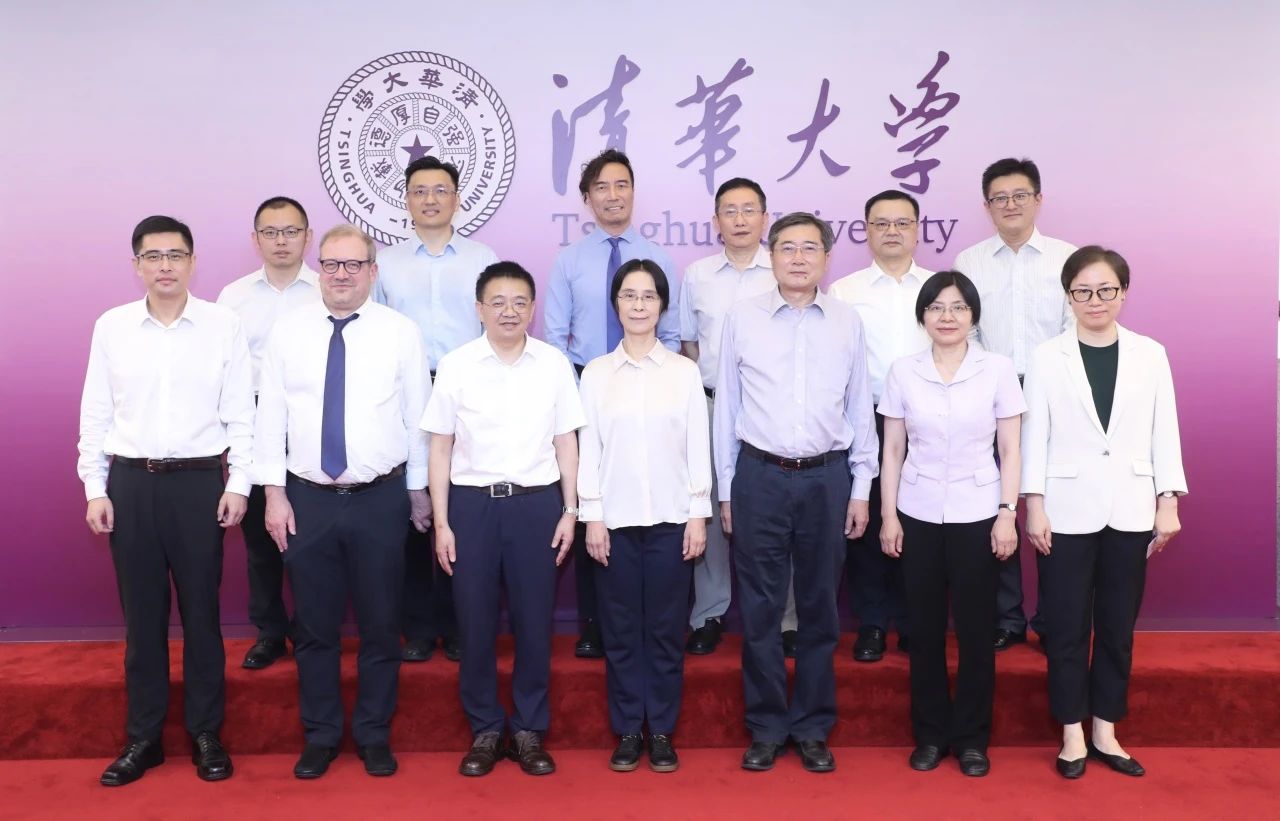On the afternoon of July 31, the International Exchange Centers Index 2024 was unveiled. This report, jointly produced by the China Institute for Development Planning at Tsinghua University and Deloitte China, marks its second edition this year. Beijing has retained its position as 7th in the overall ranking and is the only city from the Chinese mainland in the top 10.

Launch Event of the International Exchange Centers Index 2024
The Index defines international exchange centers as cities with the capacity to connect and serve the world, attract international high-end resources, and play significant roles in global affairs. They are key nodes and hubs in the dynamic network of international exchanges.
This year's Index is compiled using the same evaluation framework as the previous edition, with some refinements made. It comprises three first-level indicators—Attractiveness, Influence, and Connectivity, along with 11 second-level indicators and 25 third-level indicators. The latest rankings also feature six new entries—Brussels, Stockholm, Istanbul, Rio de Janeiro, Cairo, and Johannesburg, bringing the total number of cities evaluated to 43.

The Main Evaluation Dimensions
(Source: International Exchange Centers Index 2024)
Based on data from the post-pandemic era up to the end of 2023, the top 10 international exchange centers are London, Paris, New York, Hong Kong, Singapore, Seoul, Beijing, Tokyo, Madrid, and San Francisco. Specifically, London, New York, and Hong Kong lead in Attractiveness; London, Beijing, and Paris are the top three in Influence; and Singapore, Madrid, and Paris top the Connectivity rankings. Among the Chinese mainland cities, Shanghai, Shenzhen, and Guangzhou take the 11th, 32nd, and 37th place respectively in the overall ranking.

Scores and Rankings of the Evaluated Cities
(Source: International Exchange Centers Index 2024)
Although Beijing remains in 7th place in the overall ranking, it has made significant progress in certain areas. As mobility between China and the outside world recovers post-pandemic, Beijing is steadily regaining momentum in international exchanges, moving up one spot to second place in Influence.
In terms of sci-tech innovation and culture and education—two key aspects of Influence, Beijing is rich in high-quality resources in technological innovation, higher education, and cultural heritage. It ranks first in both the number of highly cited scientific papers over the past decade and hot scientific papers published over the past two years.
As for influence manifested in economic development, Beijing is playing an increasingly important role in global growth and resource allocation by fully utilizing its economic and policy incentives and strength in financial resources. It houses more Fortune Global 500 headquarters than any other evaluated city and stands at 6th place in the ranking for career-friendliness. Compared to the previous year's evaluation, Beijing's most significant progress has been in digital connectivity, with its median mobile network speed increased by 125.9%, well above the average 35.5% improvement of all evaluated cities.

Launch Event of the International Exchange Centers Index 2024
The report comes up with four recommendations for the future development of international exchange centers. First, these cities should prioritize cultivating their unique appeal and character. Second, they should foster open, inclusive, innovative, resilient, and sustainable urban environments that cater to the needs of both local residents and foreign nationals. Third, they should enhance the ability to develop and interact in the digital age, thus creating more diverse modes and formats of international exchange. Lastly, they should form a network of well-connected international exchange centers to promote the building of a community with a shared future for mankind.


